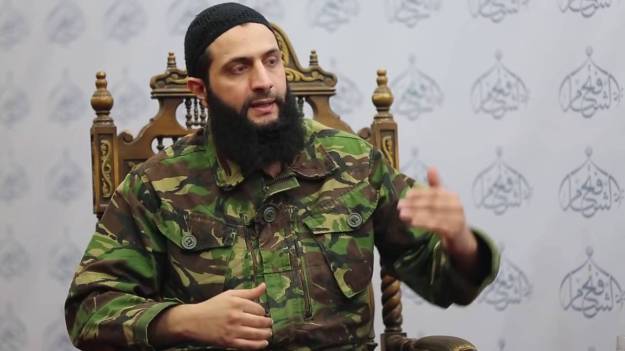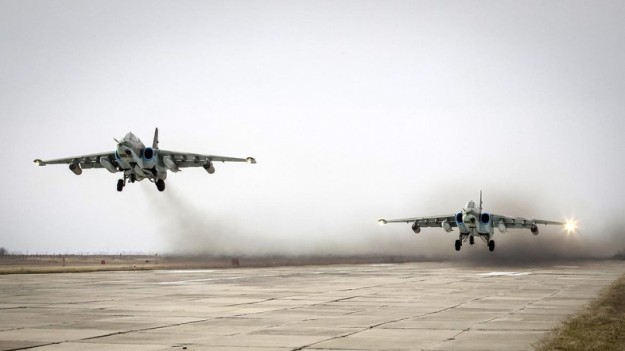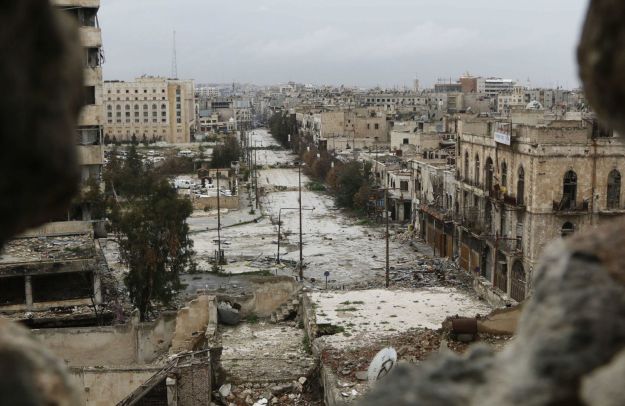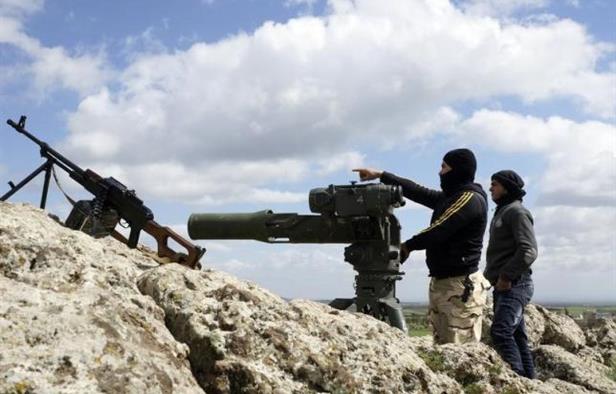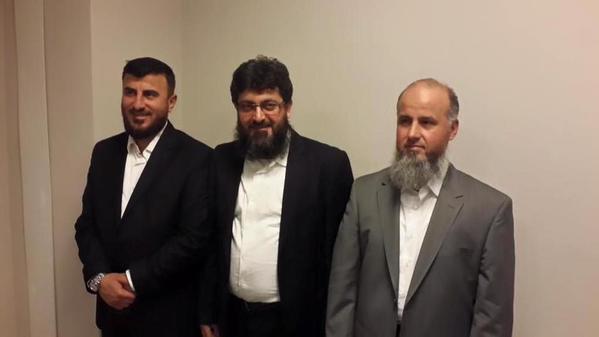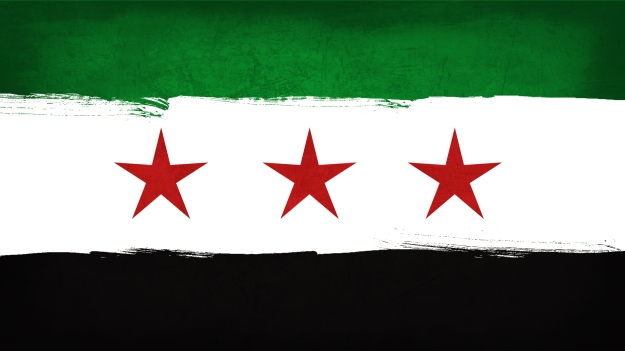By Kyle Orton (@KyleWOrton) on 2 May 2017

Maysar al-Jiburi (Abu Mariya al-Qahtani), on Twitter as @alghreeb, is an Iraqi and long-time operative of the Islamic State (IS), who was sent into Syria to set up IS’s secret wing, Jabhat al-Nusra, in 2011. After al-Nusra split with IS and became al-Qaeda’s official branch in Syria, Maysar remained with al-Nusra and was its deputy until the summer of 2014, when the Deir Ezzor branch of al-Nusra that Maysar led was destroyed as IS poured resources captured in Mosul over the border. Since then, Maysar has been—with Saleh al-Hamawi, another member of the advance party that founded al-Nusra—a kind of dissident, formally expelled from al-Nusra, and more recently has set to work spreading his influence in the Turkish-occupied zone of northern Syria, notably through the Ahrar al-Sharqiya group. With the various moves to rebrand and restructure al-Qaeda in Syria under the banner of Hay’at Tahrir al-Sham (HTS), Maysar has been drawn back into the fold to a degree.
Maysar has now released an essay, “Exposing the Backstabbers Within the Ranks,” condemning Jaysh al-Islam for its attacks on HTS in the East Ghouta area of Damascus beginning on 28 April. Intra-insurgent fighting in the besieged enclave a year ago allowed the coalition of states and militias supporting the Bashar al-Assad regime to considerably shrink the enclave and put it on the path to almost certain defeat. Maysar lays particular blame on Samir al-Kaka (Abu Abdurrahman al-Kaka; sometimes transliterated al-Kaakeh), a senior cleric of JAI, for issuing rulings licensing this conduct and compares JAI to IS. Maysar also asks, rhetorically, where the condemnations of JAI are from bodies like the Syrian Islamic Council, given how strongly they responded in January when al-Nusra attacked rebel factions as it laid the groundwork for the HTS merger. Masyar’s essay is reproduced below. Continue reading
